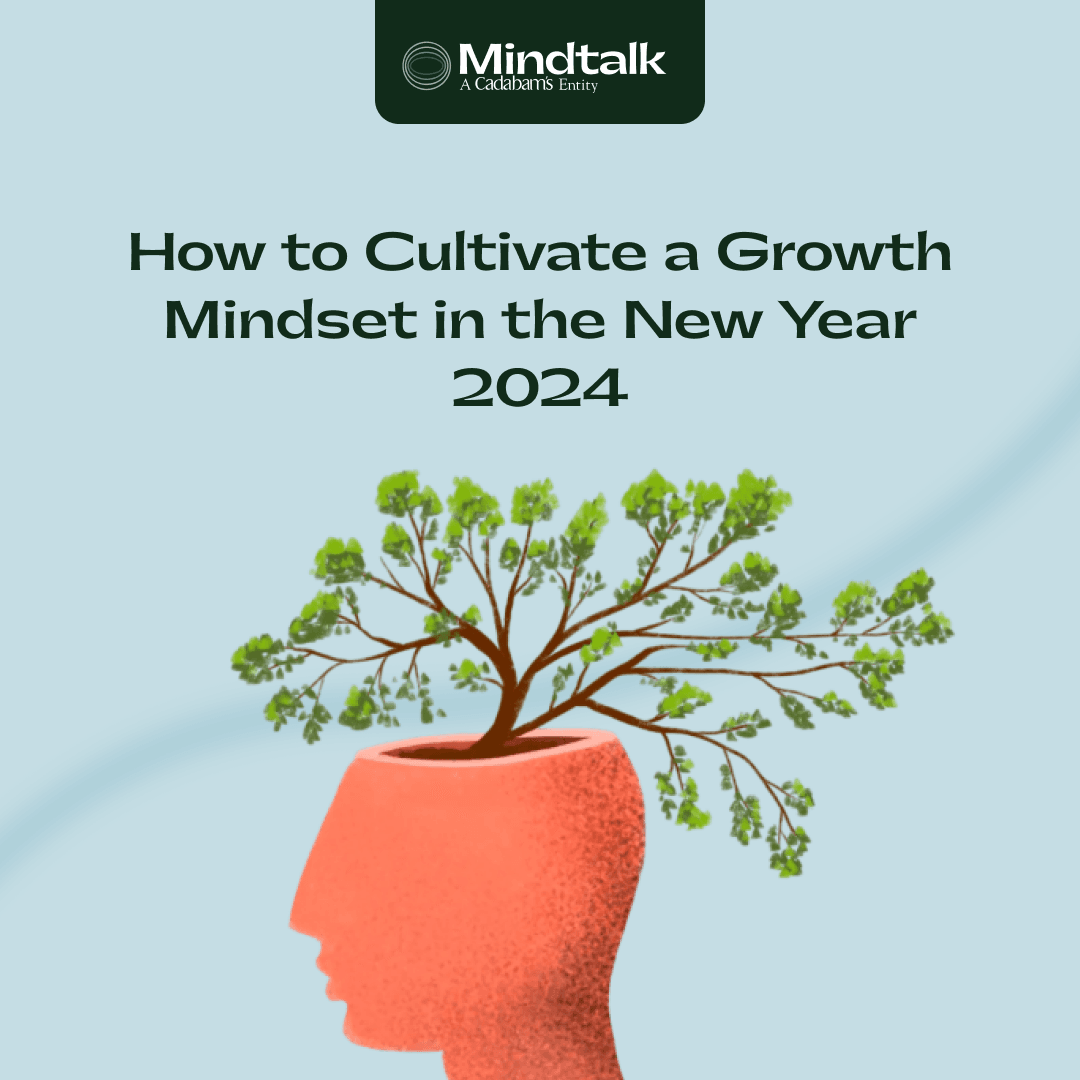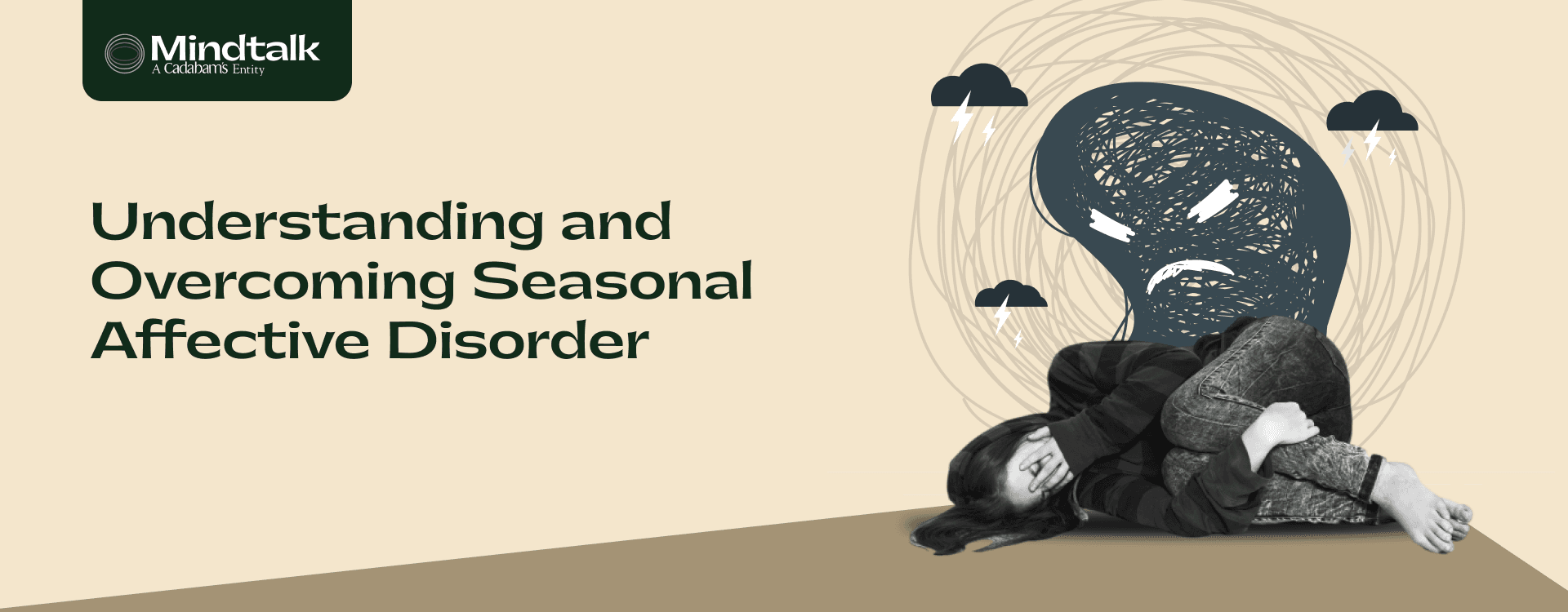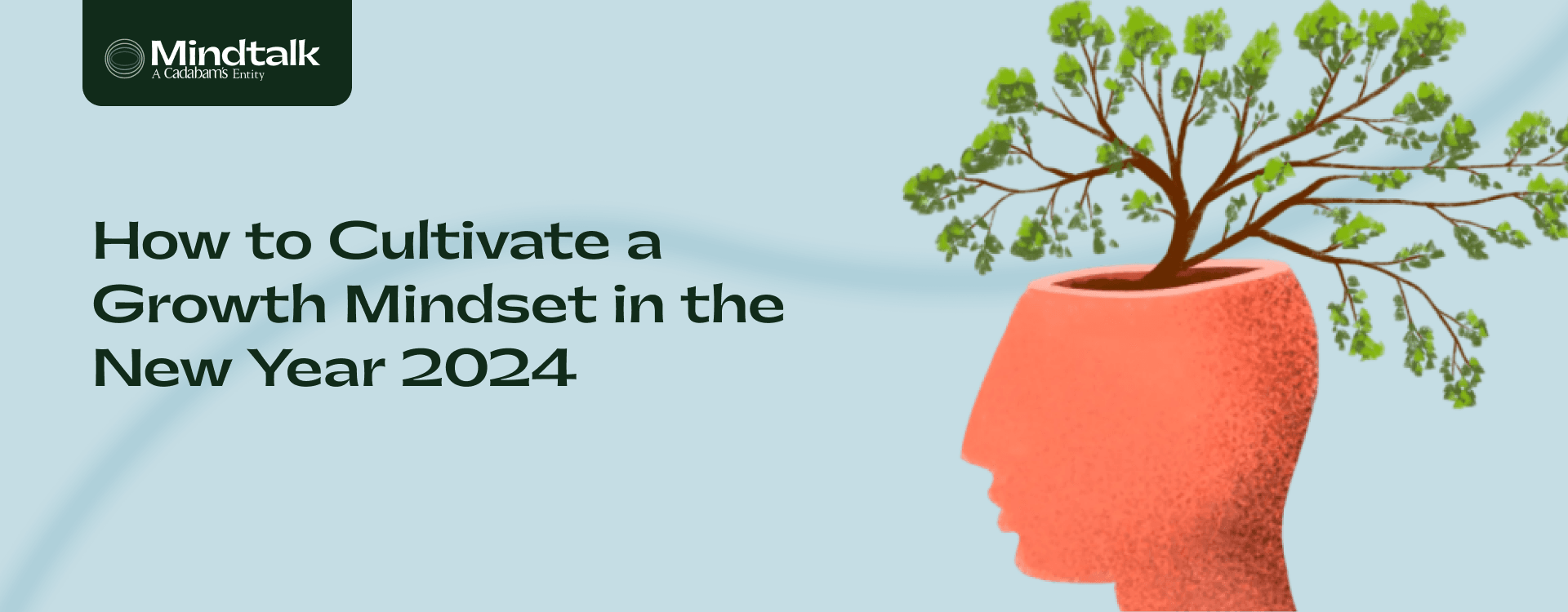Understanding Growth Mindset In 2024: Your Guide To Personal Growth

As time evolves, we must, too. The New Year sends its greetings, but are we prepared to make the most of the blessings? Just as a snake sheds its skin, we must release old baggage and past events while carrying the learnings and memories into the future.
Let this blog be the seed we plant together, nurturing the garden of growth and transformation that will be 2024.
What Is A Growth Mindset
With a growth mindset, one believes in one's ability to grow with effort, sees challenges as learning opportunities, and understands that mistakes are stepping stones to success. As we explore various theories by renowned psychologists, we can gain more insight.
Origins And Research By Carol Dweck
In the 1970s, Dweck's research unveiled two mindsets: fixed (talent is innate) and growth (talent is developed). Fixed mindsets fear challenges and limit motivation, while growth mindsets see them as learning opportunities. Decades of studies have shown that growth mindsets lead to higher achievement and resilience. Dweck's work, popularised in "Mindset," sparked a movement, empowering us to understand and cultivate growth mindsets for success.
Growth Mindset In Various Contexts
Dweck's growth mindset empowers people through life. In education, students see challenges as puzzles, not walls, fostering deeper learning. It fuels career adaptability and mastery, navigating transitions, and embracing new skills. In relationships, it fosters empathy and understanding, building stronger connections through constructive feedback. Beyond these, it touches every aspect of life, encouraging a love of learning, resilience, and stepping outside comfort zones.
Growth Mindset vs Fixed Mindset
A growth mindset is the belief that your abilities and intelligence can be developed through effort and dedication. It's the opposite of a fixed mindset, which believes your talents and skills are set in stone. People with a growth mindset see challenges as opportunities to learn and grow, while people with a fixed mindset see them as threats to their intelligence.
So, which mindset do you have? Are you ready to embrace the challenge and climb the mountain, or will you let your doubts hold you back?
Characteristics Of Growth Mindset
Effort fuels growth: You believe talent is nurtured, not fixed, and unlocked by hard work and dedication.
Challenges excite: They're not threats but opportunities to expand your skills and knowledge.
Mistakes are friends: They provide valuable lessons, guiding you toward improvement.
Feedback is a gift: You embrace criticism as a chance to learn and grow.
Others inspire: You celebrate their success, seeing it as motivation for your journey.
Characteristics Of Fixed Mindset
Talent is innate and unchangeable: You believe intelligence and abilities are set in stone, leading to fear of challenges and exposing inadequacy.
Challenges threaten self-worth: Difficulties trigger anxiety and avoidance, as failure confirms a perceived lack of ability.
The effort brings limited returns: You feel hard work won't significantly improve your abilities, dampening motivation.
Mistakes are setbacks: Failures define you, leading to discouragement and decreased effort.
Comparison breeds envy: The success of others reinforces perceived limitations, causing resentment instead of inspiration.
Welcoming Transformation In 2024: Tips For Personal Advancement And Growth
As 2024 progresses, embrace the spark of change! Discover personal growth techniques and discover transformations that will push you to a successful year.
Embrace Change As A Natural Aspect Of Life
Consider a caterpillar becoming a butterfly: a full transition that opens up new possibilities. Our lives, like nature, are inextricably linked to change. Instead of rejecting, see it as a chance to learn, grow, and achieve new heights.
Building Skills For Adaptability
Adaptability is essential for success in a constantly changing world. Develop abilities such as problem-solving, critical thinking, and open-mindedness. Accept other points of view and be open to changing your strategy as needed.
Choosing Growth Over Perfection
Perfectionism can impede growth. Instead, concentrate on the voyage of progress. Accept errors as stepping stones and appreciate gradual progress. Learning is constant, and the process itself is precious.
Lifelong Learning As A Path To Growth
Never stop learning! Embrace your curiosity and try new topics, skills, or hobbies. Whether attending a class, reading a book, or participating in online courses, continual learning keeps your mind sharp and offers new possibilities.
Discovering Purpose And Meaning Amidst Change
Change may often be unsettling. Reconnect with your fundamental beliefs and passions. Ask yourself: What is important to me? Even when life throws curveballs at you, aligning your activities with your mission gives you direction and meaning.
Enhancing Adaptability With Mindfulness
Mindfulness activities such as meditation and deep breathing can help you achieve inner serenity and focus. Staying present in the moment prepares you to negotiate change with calmness and clarity. Remember that adaptation begins from within.
Implementing these suggestions may turn 2024 into a year of personal development and improvement. Embrace the adventure, accept change, and reach your full potential.
Similar Posts













